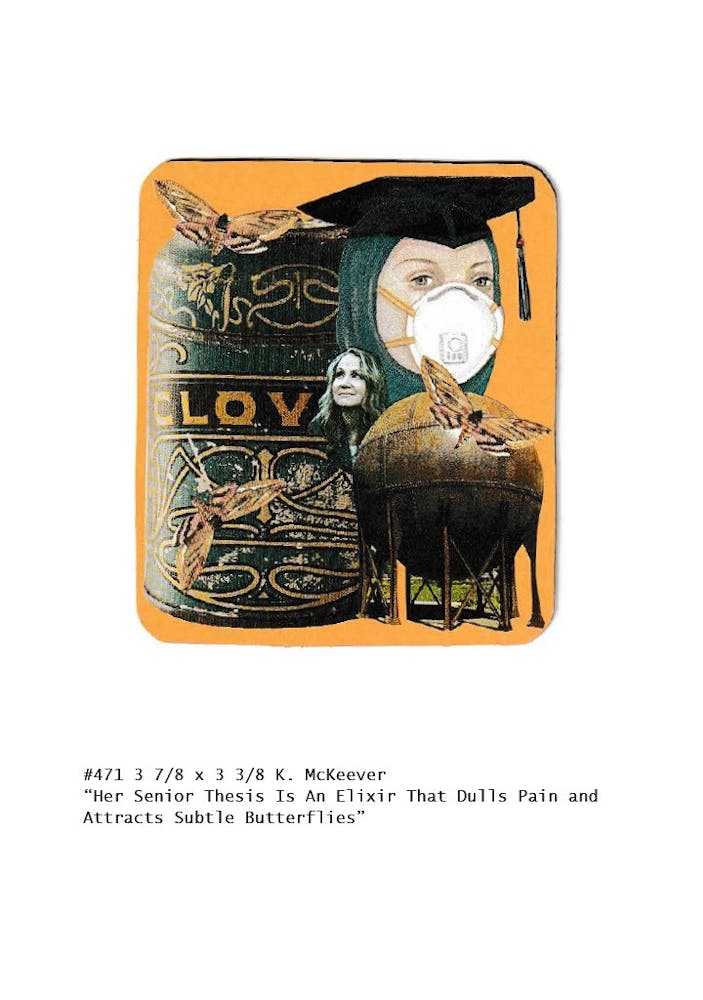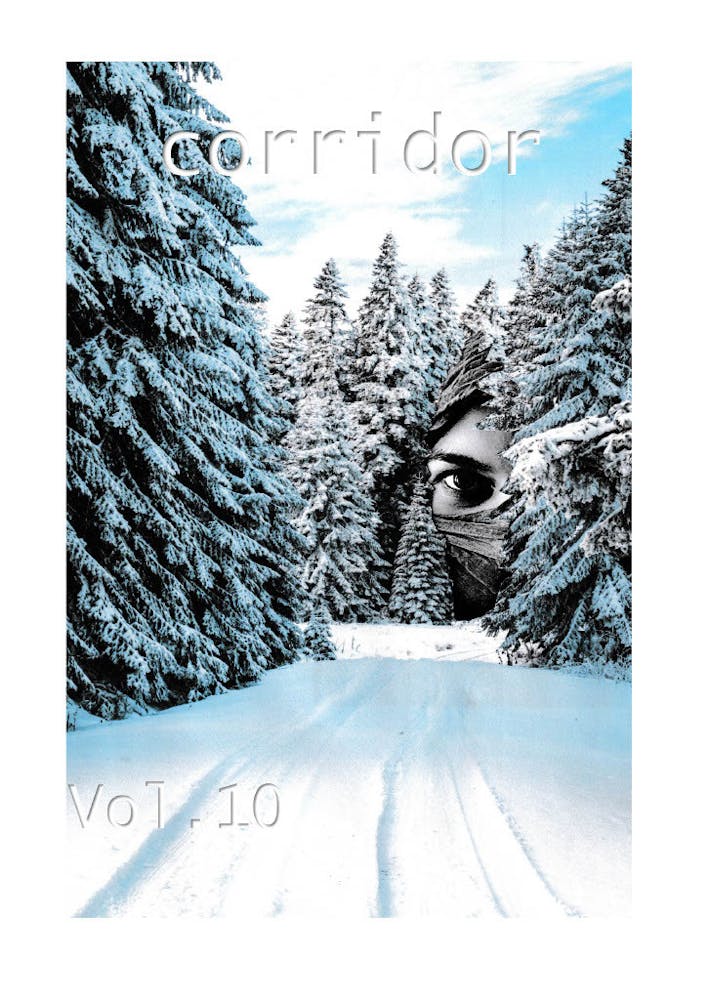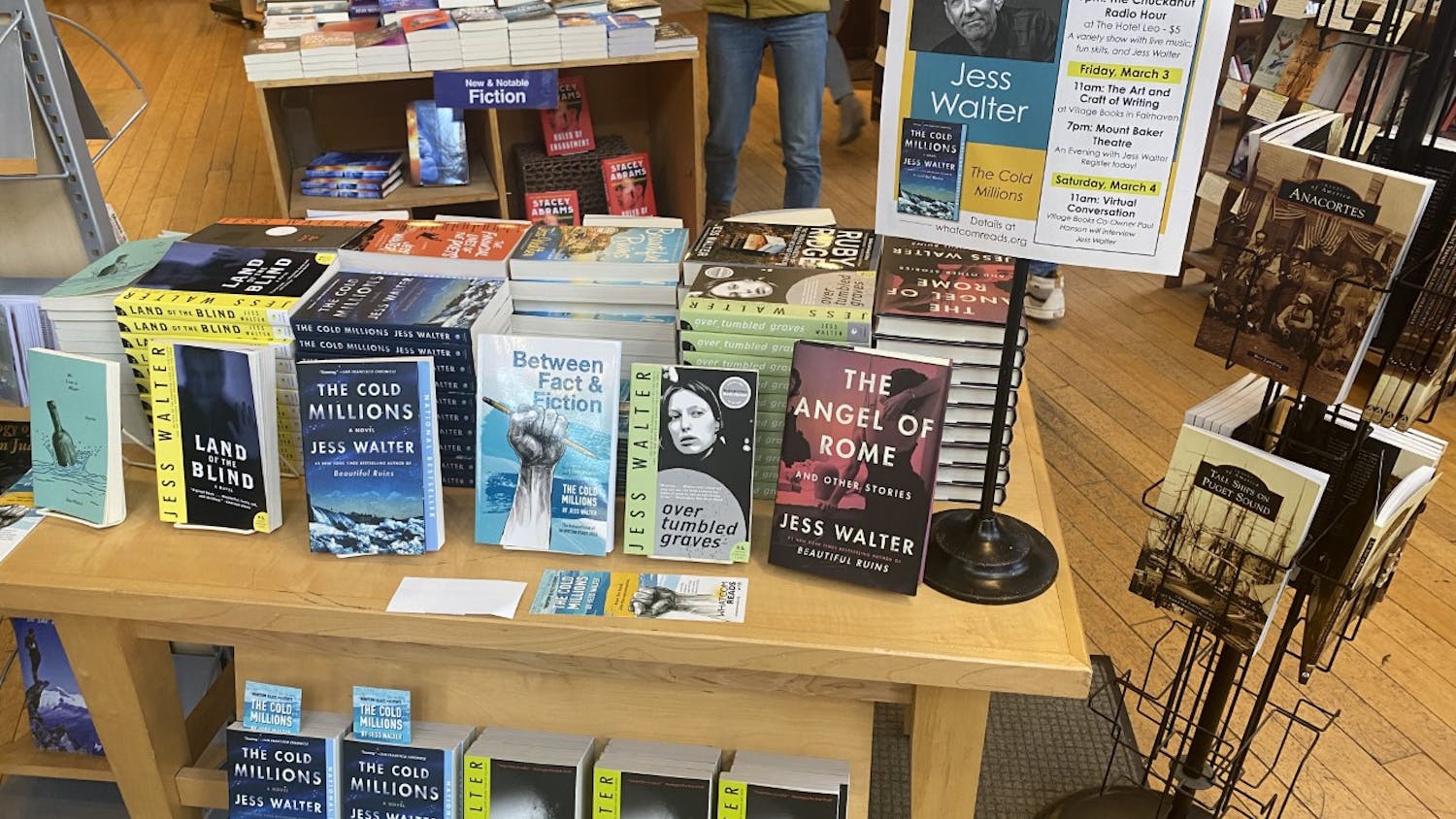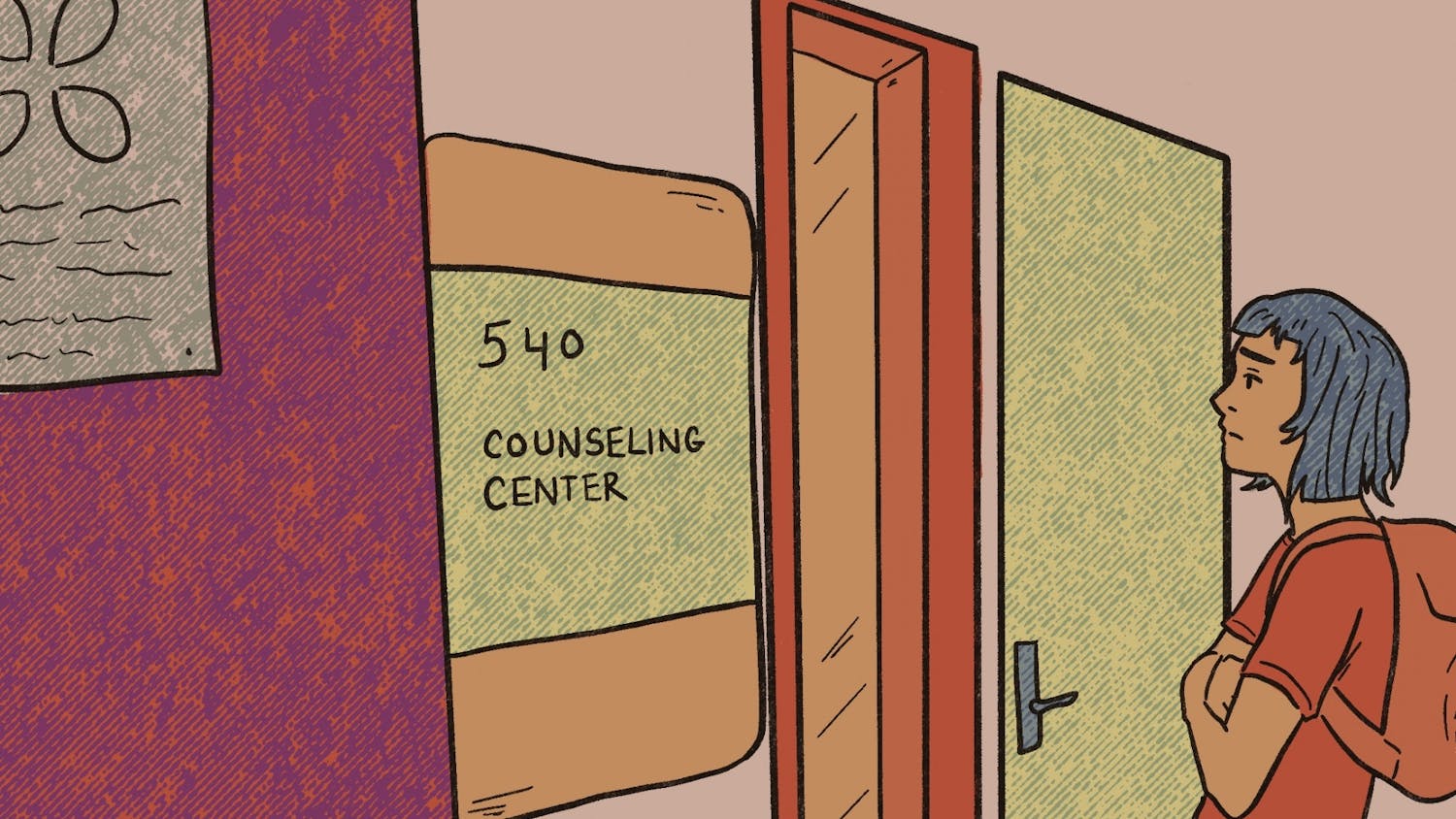After 13 months of providing art and poetry to the community, the treasured Corridor zine – name inspired by the I-5 corridor – is closing its press.
The creator, Shannon Laws, intended the zine to be an outlet for local artists to share their voices. Laws felt that she was able to find her voice through poetry.
She recalled her first time reading poetry in front of others. “I was shaking like a leaf and standing in front of people at a café. … [I felt] like I was going to die each time, but I survived and I really enjoyed it.”
More than a decade after Laws’ first poetry reading, the Corridor zine was born.
A zine is “a means of communication meant to resemble a magazine, but in a shorter format and easier to distribute, usually associated [with] social and political movements,” said Joanna Luna, editor-in-chief of La Vida Magazine, the only Latinx-interest magazine at the University of Pennsylvania.
The Corridor zine was left randomly at businesses throughout Whatcom County for customers and employees to discover. Each monthly issue contains 10 short poems and five works of art by poets and artists in Whatcom County and beyond.
Laws asked for any submissions that provoked deep thought, offered encouragement, entertained or shared a story.
Growing up, Laws’ family ran a small business. It was upsetting for Laws to watch as so many Whatcom businesses were forced to close during the COVID-19 pandemic.
Moved by these closures, she encouraged people who enjoyed reading Corridor to support the local business where they found it.
“That’s such a noble idea,” said Ashok Bhargava, a contributor to Corridor who is the poet laureate of the Philippines, has published eight books of poetry in Hindi and English, and founded Writers International Network Canada and World Peace Poets.
“It touched me that we don't have to be sitting in New York or Toronto to do those things. We could be in a small town and we can connect with community,” Bhargava said.
At the start, only a handful of artists submitted to Corridor. But after the 13-month-long project was complete, the zine had garnered the work of 27 poets and five artists.
Over the course of the project, encouragement from the community grew.
Unprompted, several contributors donated to help with printing and distribution, which Laws had previously funded herself.
Judy Kleinberg, a Whatcom County poet who runs a poetry SpeakEasy and published an anthology of work by over 100 poets who lived in the area, promoted Corridor on her blog.
“I was just really excited about the local artist community support. That kind of support, you don't walk into a project expecting it. But when it happens, it's delightful,” said Laws.
Village Books and Paper Dreams in Fairhaven wrote a blurb about Corridor in their weekly newsletter.
“Corridor zine very much aligns with what Village Books and Paper Dreams does with supporting writers and our community. We applaud Shannon Laws and her efforts to do this,” said Paul Hanson, co-owner and general manager of Village Books, which regularly received issues of Corridor.
One poet got his start with Corridor after reading that newsletter. Tyson Higel began contributing in the seventh volume and continued until the end. It was his first time ever being published.
“It gave me a lot of confidence that my writing is good enough,” Higel said.
Since then, Higel has been published in a journal for students in community college and an online journal. Most recently, his manuscript, “Confessions of a Stutterer,” was picked up by Finishing Line Press.
“For me, the whole reason I write is because of my stutter. I can’t always articulate as well as I wish I could through spoken word. It’s on the page that I can fully express myself to the extent that I know I can,” he said.
Corridor also helped Higel to build his artist biography.
“You almost need that credibility for [publishers] to take you more seriously. I needed that first one and I got it with Corridor. I am ever-grateful.”
Normally, poets have to build a resume in order for their work to be recognized by publishers, according to TCK Publishing.
“I think I might have tapped into an outlet that was needed. People have poetry that they love to see printed on a page and shared with strangers, without having to go through the submission process of traditional publishing,” said Laws.
The 13th and final issue was distributed in April and may still be available in businesses around Whatcom County.
Corridor will be taking a hiatus for at least the next year. Laws handled most of the printing and distributing of the 30 copies that were made each month. The printing took three to four hours alone.
“It was a lot of time. I didn’t tell people how long it took to print these out because that’s kind of a downer, right?” Laws said, laughing.
For now, she just needs to take a break and sit with it.
Eli Voorhies (he/him) is a fourth-year student at Western in the visual journalism program. Now serving as the photo and video editor, he has worked two previous stints as a Front editor and interned for Cascadia Daily News. Outside of the newsroom, he rock climbs and loses track of time in the photography dark room on campus. You can reach him at eliv.thefront@gmail.com









